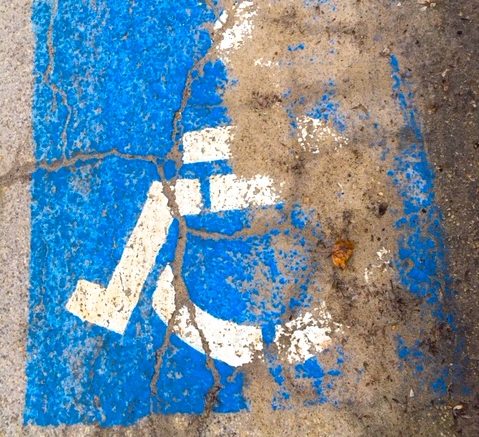
“Covid is a nasty, nasty disease that kicks every single system you’ve got in the neck.”
By Chris Morris
Reality Check / BBC (7/3/20)
The first thing Simon Farrell can remember, after being woken from a medically induced coma, is trying to tear off his oxygen mask.
He had been in intensive care for 10 days, reliant on a ventilator just to breathe.
“I was trying to pull the mask off my face, and the nurse kept putting it back on,” he recalls.
When doctors woke him up, his body had fought off the worst of Covid-19 but he still needed oxygen to support his damaged lungs. And the 46-year-old father-of-two was suffering from such severe delirium he was trying to deny himself the oxygen he required.
“Try to stop me,” he remembers saying, when nurses at Birmingham’s Queen Elizabeth Hospital said they would have to put his hands in boxing glove-sized medical mittens unless he relaxed.
“In the end they had to tape my hands up. I was trying to tear the mittens off, I managed to bite through them, and they had to put new mittens on.”
“We have to rebuild everything with them and teach them how to do everything physically again – from being able to feed yourself or being able to touch your hair, to being able to stand and being able to sit.”
It is not an unfamiliar story for anyone working in intensive care. The assault Covid-19 mounts on the most severely ill means patients are ventilated for longer, and require a deeper level of sedation, than the typical ICU patient.
That has produced “a lot of delirium, confusion and agitation”, explains Dr Kulwant Dhadwal, a consultant who runs the intensive care unit at London’s Royal Free Hospital.
“Usually if you have a surgical procedure, or normal pneumonia patients come to ICU, you wake them up and they’re less confused and less disoriented than this.”
“This particular group of patients were a lot more difficult to wean off the ventilator.”
Even when that process is a success, it is only the beginning of a long process of physical and psychological recovery. And now the UK has moved past the peak of the virus, attention is turning to the huge challenge – both in the health service and in the community – of rehabilitating Covid-19 survivors.
“Often rehabilitation is seen as a Cinderella service and not a priority,” says Sally Singh, professor of pulmonary and cardiac rehabilitation at the University of Leicester.
“But because of Covid, and the number of people that it has affected, the need is pressing. It has become a national priority – to support people to get better.”
A long road
Tens of thousands of people around the UK are now setting out on that journey.
Some came close to death in intensive care units, others needed less intrusive hospital treatment to help them through the worst. All of them have had their lives changed by Covid-19.
But for the most seriously ill patients in intensive care, rehabilitation begins well before they are woken from a coma. …
(Commoner Call photo by Mark L. Taylor, 2020. Open source and free for non-derivative use with link to www.thecommonercall.org )
*****
How Other Countries Around The World Have Managed Covid-19 Shows Just How Badly Trump Bungled The Crisis
Needless suffering and death.
CNN (7/12/20)
As coronavirus continues to surge throughout the US, many countries around the world have managed to contain the virus or avoid it all together. CNN’s Max Foster reports.

